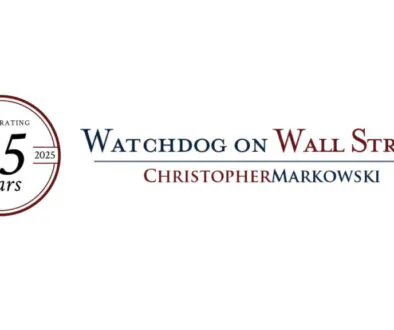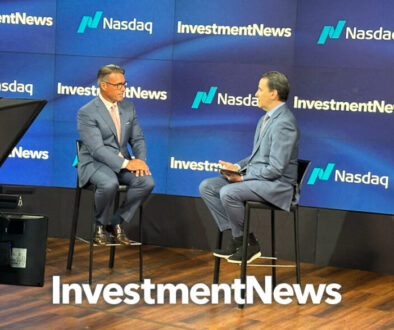How to Fix The Conflicts Of Interest That Exist In Employer-Sponsored 401(k) Plans

Juliette Fairley Follow Apr 7, 2015 6:30 AM EDT
NEW YORK (MainStreet) — Raina Lipsitz, a 32-year-old New Yorker who works in internal communications, invests in her company 401(k) plan but admits she has a limited understanding of fees and expense ratios.
“I don’t know what fees I pay,” Lipsitz told MainStreet. “I have access to the balance on my cell phone, and I see from the percentage gain that it’s growing, but that’s all I know.” She says she’d be more hands-on if her portfolio of investments wasn’t growing at all.
Lipsitz is not alone in the penumbra of 401(k) fees. About 70% of 401(k) holders in the U.S. falsely assume their 401(k) plan is for free, according to AARP, and the average American household will pay $155,000 in 401(k) over the lifetime of accounts.
Help, though, is on the way to help consumers ensure fair custodianship of their retirement funds.
Fighting Back
On February 24, 2015, the Supreme Court heard oral arguments in Tibble v. Edison International which involves the application of ERISA’s six-year statute of limitations to legal claims that six retail class mutual funds selected by plan fiduciaries as plan investment options were imprudent, because they charged higher fees than identical institutional class funds that were allegedly available to large investors.
“A 401(k) plan stuffed with excessive fees can redirect thousands of dollars from each participant’s account to the big financial firms who push those products,” said Chris Markowski, founder of Markowski Investments in Tampa, Fla. “The problem is that most employers don’t know enough about funds and fee structures to know the difference between a good plan and a lousy one. It’s just not what they’re good at.”
This lawsuit, and Obama’s plan to “rescue $17 billion of bad investment advice,” aims to improve fiduciary oversight and protect consumers.
“It is universally believed based on several of the justices’ comments and the strong urging of the Obama Administration that the court will find the statute does not apply and the employer has the duty to not only be diligent and prudent in the selection of those investments initially but also has the duty to continue to monitor,” said Brian Menickella, managing partner of The Beacon Group of Companies in King of Prussia, Pa.
The justices are expected to rule by June or July of this year.
As it stands now, the time allowed a plan participant to file a lawsuit alleging breach of fiduciary duty ends on the sixth anniversary of the last act that constitutes the alleged financial breach. “It is possible the U. S. Supreme court will craft out new regulations as to monitoring as a byproduct of Tibble vs. Edison,” said Menickella.
But not all experts think the issue is as simple as a court order.




